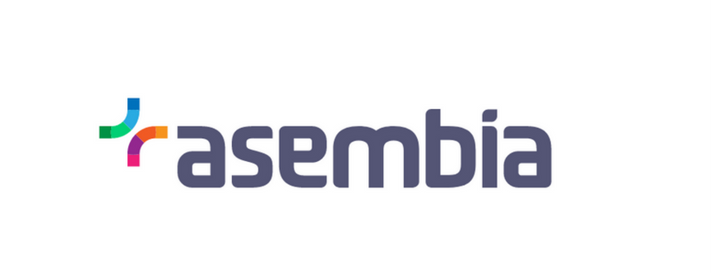The last month has seen a somewhat dizzying amount of healthcare-related policy activity at both the federal and state levels. There have been a number of issues that may have a direct impact on URAC or a direct impact on the customers (and ultimately the consumers) we serve.

Below I’ve included a brief summary of the major developments of interest to URAC with supporting links where you can read in more detail.
The American Health Care Act
- On May 4th, revived from the dead, the U.S. House of Representatives passed the American Health Care Act (AHCA) – the first effort to repeal and replace the Affordable Care Act. You’ll recall that the AHCA failed to garner enough support in March to pass the House.
- In order to avoid a repeat of March’s failed vote on the AHCA, House Republicans reached a deal to allow states to opt out of certain ACA provisions including coverage of essential health benefits and restrictions on premium setting based on pre-existing conditions.
- Under this opt-out provisions, insurers would not be allowed to charge higher premiums to sick people unless a state has an alternative mechanism to cover those with a serious illness such as a high-risk pool.
- The Congressional Budget Office (CBO) released its assessment of the impact of the House passed AHCA on May 24th. Key takeaways include:
- $119 billion reduction in budget deficit over 10 years;
- 23 million fewer Americans would be insured in 2026; and
- Potentially unstable non-group insurance markets due to changes allowed by state waivers.
- The House-passed version of the AHCA does not change the provisions requiring IRO accreditation. It is yet unclear the impact on URAC’s Health Plan with Health Insurance Marketplace Accreditation given the uncertainty of how the Marketplaces will be managed and which states will opt to continue provide coverage in this manner.
- The AHCA is currently being considered by various working groups in the U.S. Senate as well as the Senate Finance and HELP.
Specialty Pharmacy
- During the early session of this year, several state General Assemblies have considered legislation that would limit/prohibit a PBM’s from using accreditation to limit access to their network.
- North Dakota adopted legislation to this extent earlier this year however similar legislation was defeated in the Florida House of Representatives Health Care Appropriations Committee.
- We are continuously monitoring this trend and working with stakeholders to educate legislators and regulators regarding the value of URAC accreditation.
Telehealth
- Over the past eight weeks, URAC has had the opportunity to join a group of stakeholders to meet with key staff from the Trump Administration, HHS, and members of Congress to discuss issues related to telehealth. These meetings were introductory in nature and were meant to raise awareness about government barriers to increased telehealth adoption among key policymakers. URAC’s role in these meetings was to highlight the importance that quality must play in any policy discussions regarding increased use of telehealth.
- On May 19th, the U.S. Senate Finance Committee unanimously passed the CHRONIC Care Act which seeks to expand telehealth services. This is a significant development as it signals one of the first major pieces of telehealth related legislation to receive a neutral CBO score (meaning it would neither add or decrease Medicare spending over the next decade) and pass out of a Congressional committee.
- On May 18th, the Texas legislature adopted legislation to allow telehealth in the state thus ending an ongoing legal battle in the state and making at least some form of telehealth an allowed practice every state in the country.
If you have any questions or wish to discuss please feel free to contact me by email or by phone at 202-326-3957.



